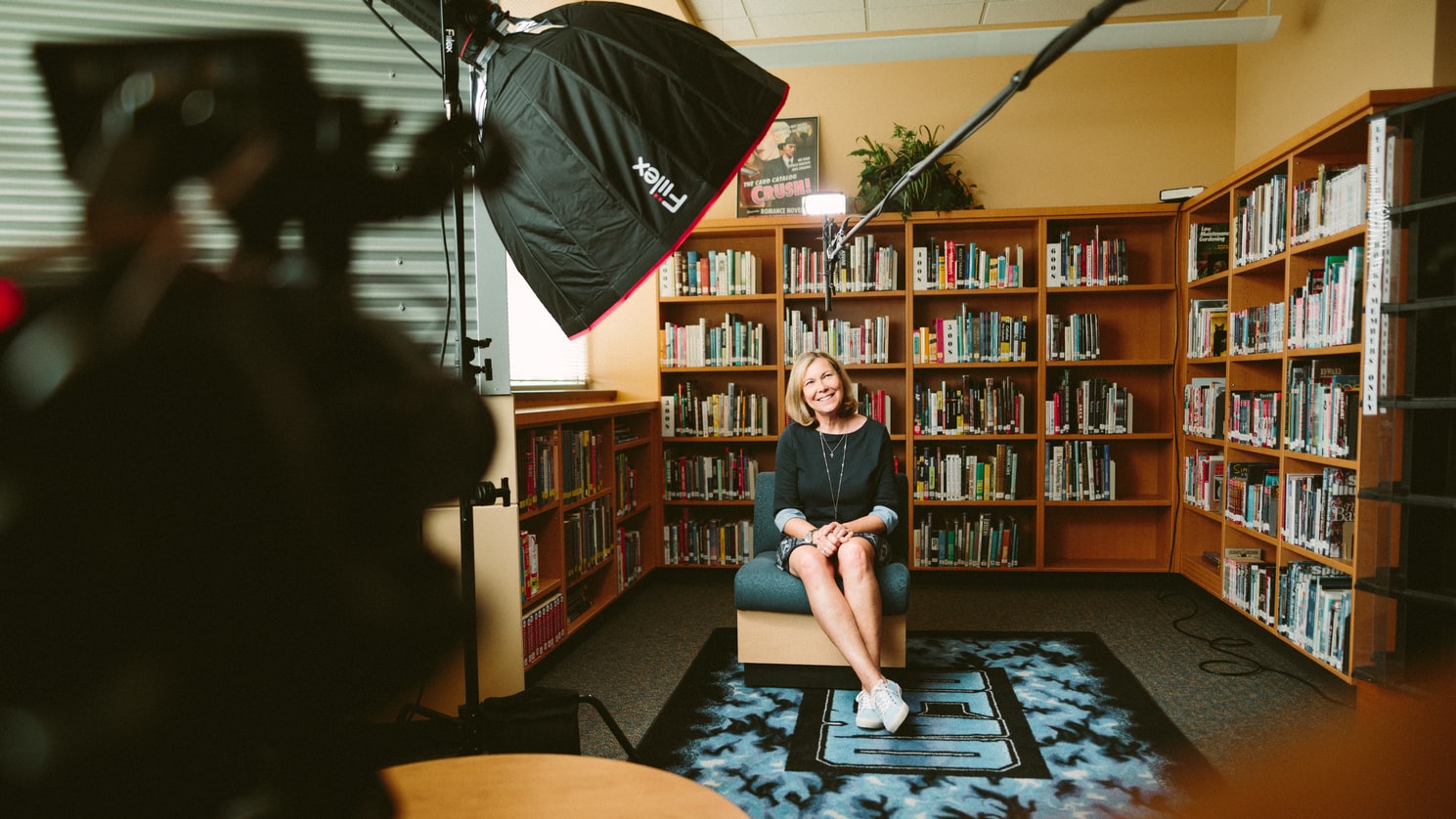
No one walks into a media interview with the intention of throwing it. When we confirm a reporter’s interest in a positive storyline, we’re excited – here’s a great opportunity to communicate our key messages and persuade our target audiences to consider our position.
And yet too often, spokespeople are unprepared. Even worse, sometimes spokespeople make egregious errors that even the best PR pros can’t counteract during an interview.
As you prepare your spokesperson – or if you’re a spokesperson yourself – watch for these three potential snags. Each of them can ruin what could otherwise be a very positive experience.
- Mistake #1: Let yourself be surprised by hard questions.
Yes, we’re talking about proactively pitched, positive storylines here: the business is expanding; you’ve just launched a new product or service line; or we’re telling the personal story of your new executive. But you must be prepared for hard questions, because to earn a positive story, you must work with a reporter. Reporters are most often educated and curious – and are not willing to take everything you say at face value.Remember: You know your business and your story better than anyone. So in preparation for every interview, run through a list of tough questions. What questions would you hate to be asked right now? What else is happening in your organization (even things unrelated to your story pitch)? What other organizational or industry news is trending, and what would you say if asked about it?
Ask yourself the toughest questions first – and if you’re not comfortable answering them, consider whether now is the right time to be pitching for an interview.
- Mistake #2: Try to control the interview and its outcome.
Reporters have a job to do, and it isn’t to serve as an extension of your marketing team. They’re receptive to telling fair, interesting stories – but they’re not likely to include all your key messages or subtle nuances.There are a few telltale signs of an overly controlling spokesperson (or publicist for that matter). Don’t fall victim to these amateurish mistakes:
- Don’t ask to read the story before it runs – once you share your story with a reporter, it’s theirs to tell. It is your job to influence the outcome of the story before the reporter starts to write it.
- Don’t tell a reporter what part of the interview he or she can or can’t use in the story. If you say it out loud, it’s fair game. (There’s no getting toothpaste back in the tube, as I always say.)
- Don’t contact a reporter after a story runs to complain about some minute detail or omission. If something didn’t translate into the final printed story, there are usually only a couple of people to blame: the spokesperson or the publicist. It’s our responsibility to communicate clearly and compellingly when telling of our stories – and if we missed the mark or neglected to get our point across, we can take it as a lesson learned. Of course, this does not forgive any reporter from making significant errors in a story – this can happen, and corrections should be made.
Remember: Consider a different communications tactic if you must control the message fully. With media relations, you cannot control the outcome, but you can influence it and (most importantly) control what you say and how you act in a media interview.
- Mistake #3: Bring a negative attitude about the media.
Before sitting down with a reporter for the first time, take a moment for self-reflection. How do you feel about the press? Have you had a bad experience in the past that might impact your opinion of media? Do you have a negative perception of this media outlet? This reporter?Then consider: How do you think your feelings and opinions would translate in an interview situation? From my experience with some of the most senior spokespeople, those attitudes can look like:
- Fear
- Anger
- Stubbornness
- Disdain
- Egotism
- Conceit
I could continue, but you get the idea. Negative attitudes about the media or the reporter sitting across from you come out in your body language and tone.
Remember: the reporter is in control, and there’s rarely a reason in a positive interview to have a negative attitude. And as Benjamin Franklin once said, “Don’t argue with the man who buys ink by the barrel.” If your spokesperson has concerns or disdain for the press, consider if he or she is open enough to work past it. If not, find another spokesperson.
Ultimately, media relations is a great way to spread the word about your good-news story. Just be sure to make it as positive as possible – avoiding these three self-imposed pitfalls is a good way to start.
{{cta(’27f98d32-e88e-4322-81fd-35b494d72d39′)}}







